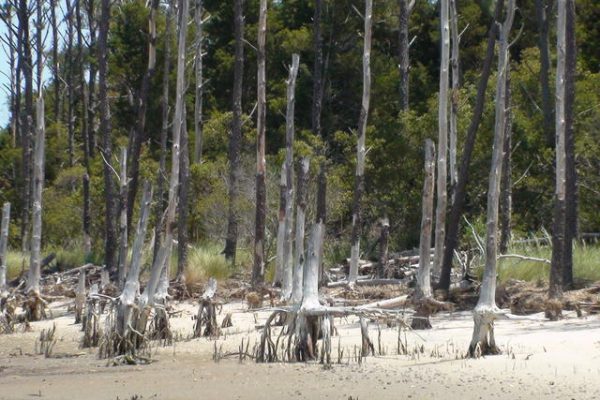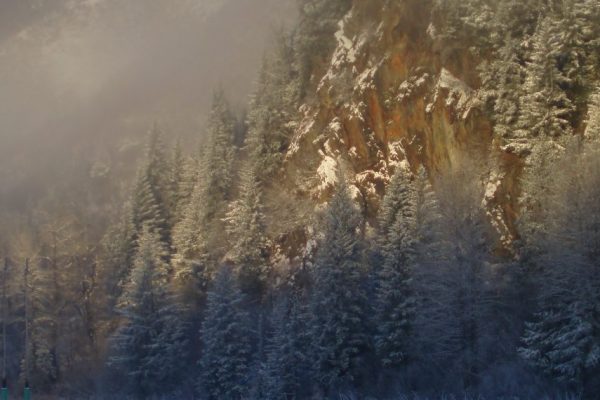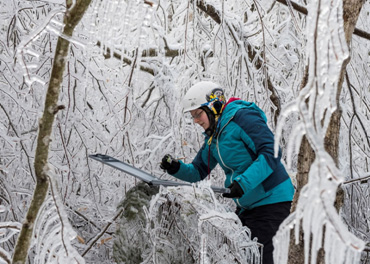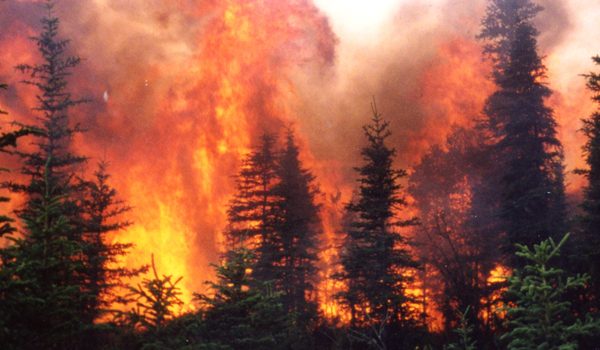In “The Conversation”: Climate change is already disrupting US forests and coasts
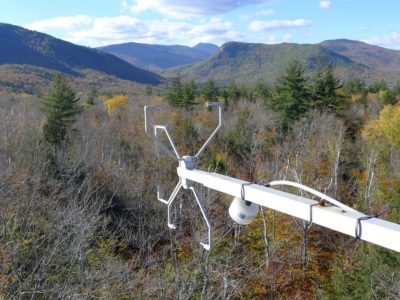
Scientists have been consistently documenting environmental changes at research sites like this one in the Cascade Mountains for decades. US Forest Service Michael Paul Nelson, Oregon State University and Peter Mark Groffman, CUNY Graduate Center Record-breaking heat waves and drought have left West Coast rivers lethally hot for salmon, literally cooked millions of mussels and… Read more »

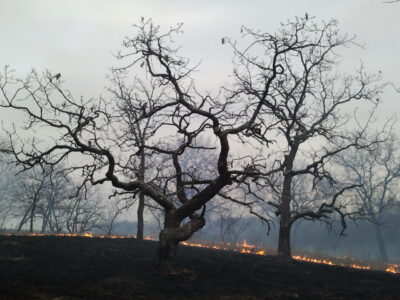
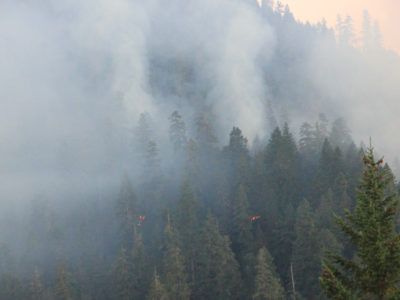
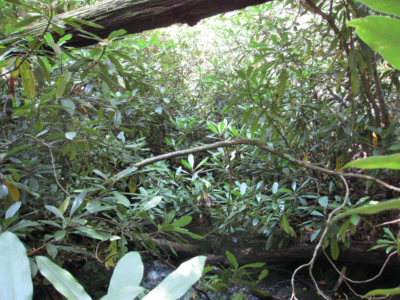
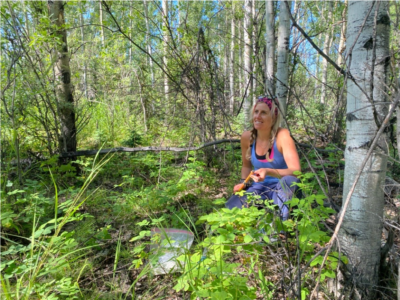
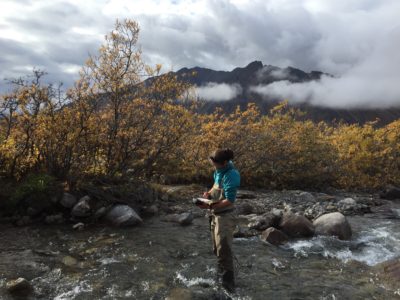
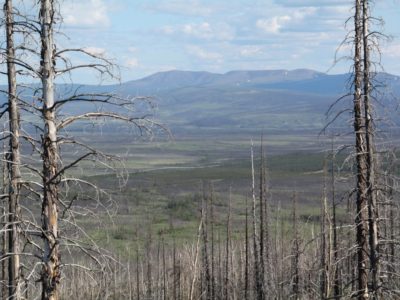
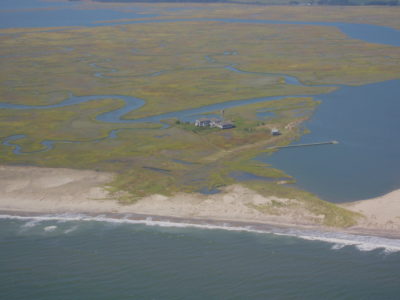
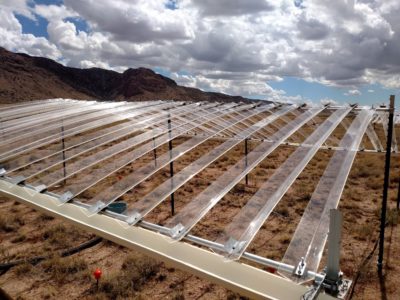
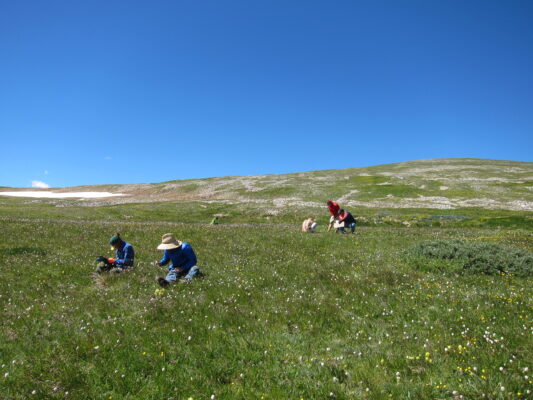
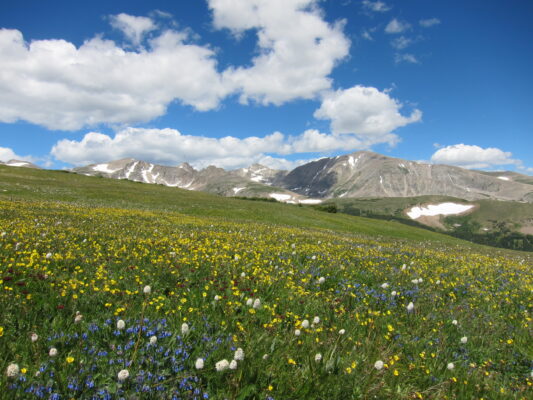
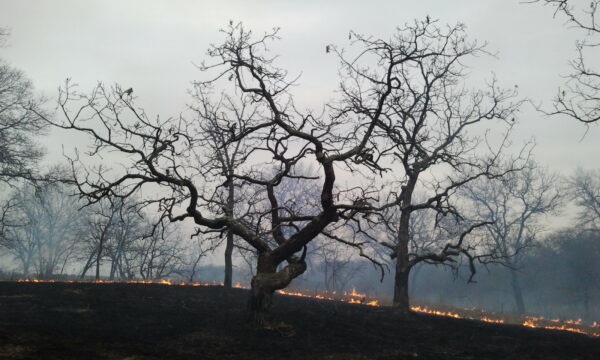
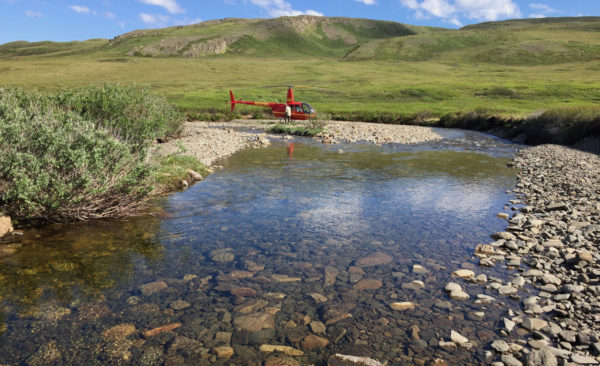
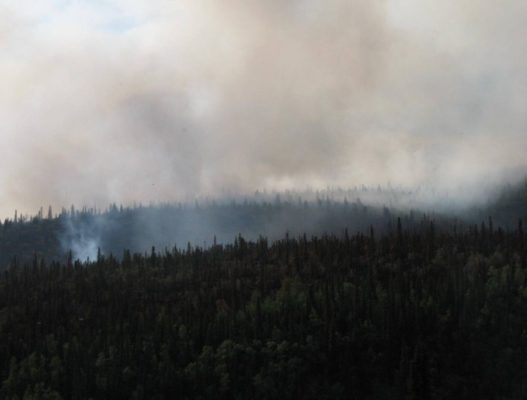
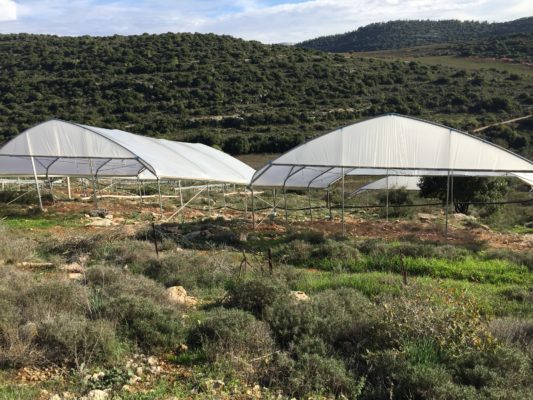 International Drought Experiment" data-envira-gallery-id="site_images_82565" data-envira-index="5" data-envira-item-id="82314" data-envira-src="https://lternet.edu/wp-content/uploads/2020/01/Matta_rainout-533x400.jpeg" data-envira-srcset="https://lternet.edu/wp-content/uploads/2020/01/Matta_rainout-533x400.jpeg 400w, https://lternet.edu/wp-content/uploads/2020/01/Matta_rainout-533x400.jpeg 2x" data-title="Matta_rainout" itemprop="thumbnailUrl" data-no-lazy="1" data-envirabox="site_images_82565" data-automatic-caption="Matta_rainout -
International Drought Experiment" data-envira-gallery-id="site_images_82565" data-envira-index="5" data-envira-item-id="82314" data-envira-src="https://lternet.edu/wp-content/uploads/2020/01/Matta_rainout-533x400.jpeg" data-envira-srcset="https://lternet.edu/wp-content/uploads/2020/01/Matta_rainout-533x400.jpeg 400w, https://lternet.edu/wp-content/uploads/2020/01/Matta_rainout-533x400.jpeg 2x" data-title="Matta_rainout" itemprop="thumbnailUrl" data-no-lazy="1" data-envirabox="site_images_82565" data-automatic-caption="Matta_rainout - 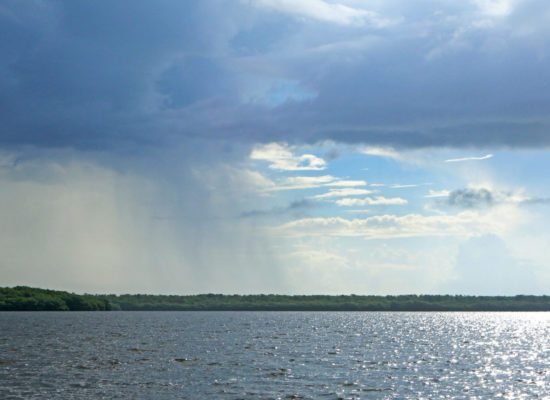 E Zambello/LTER Network Office
E Zambello/LTER Network Office 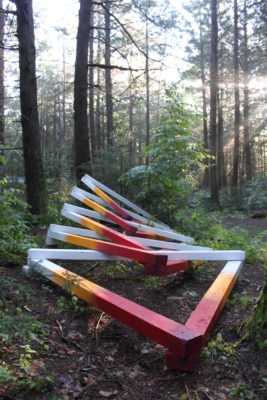
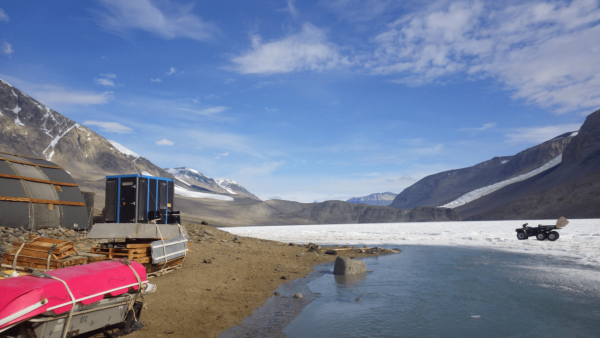
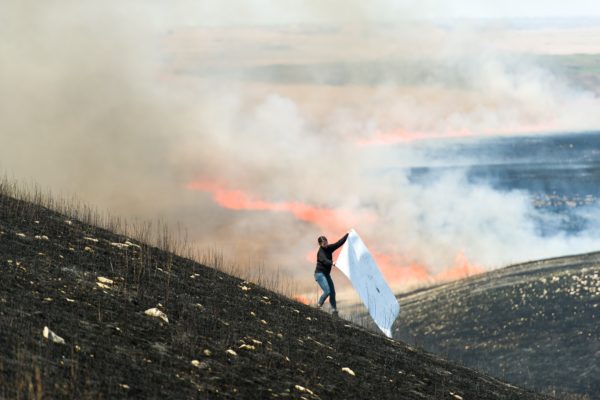
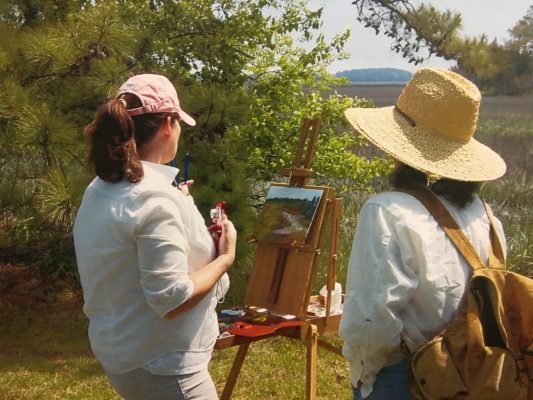
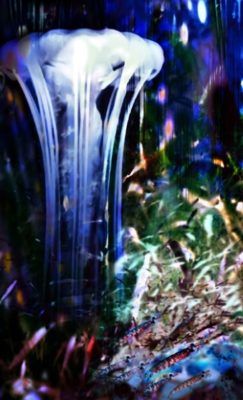
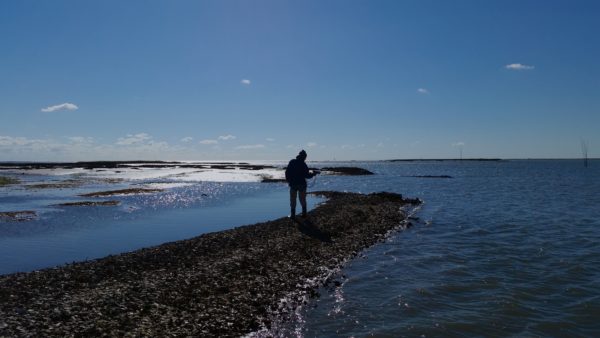
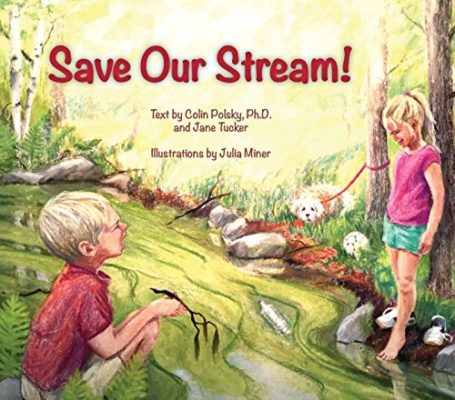
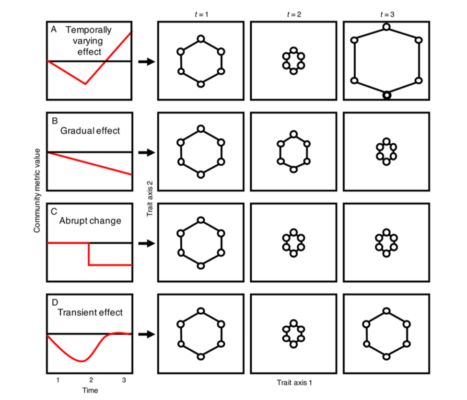
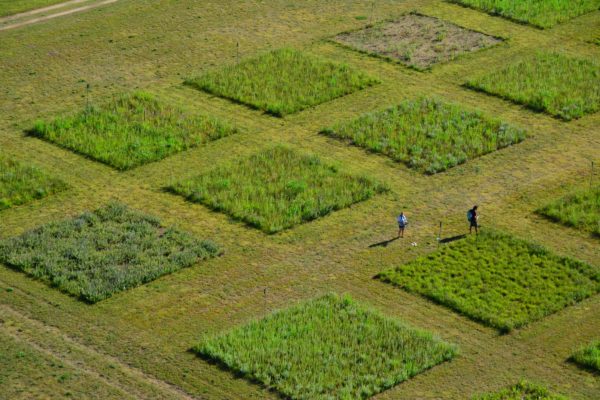
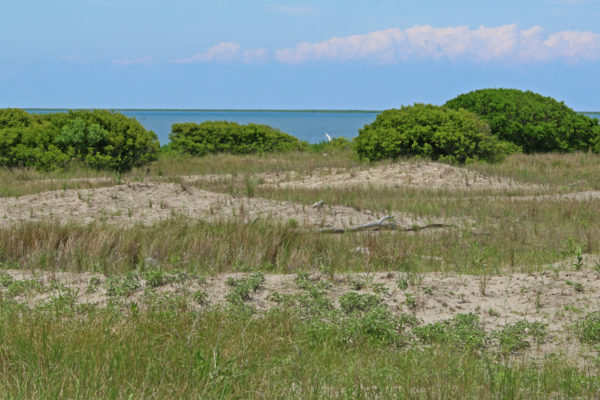 E Zambello/LTER-NCO
E Zambello/LTER-NCO 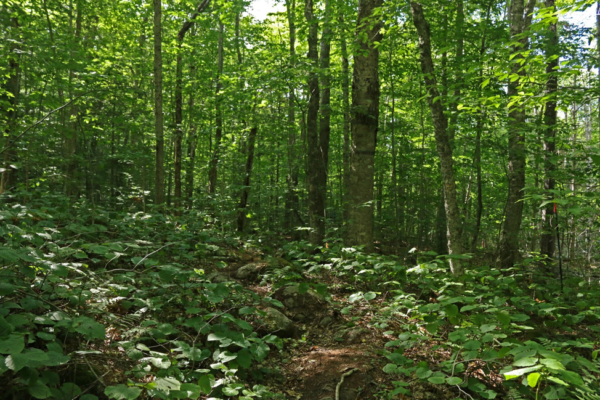 E Zambello/LTER-NCO
E Zambello/LTER-NCO 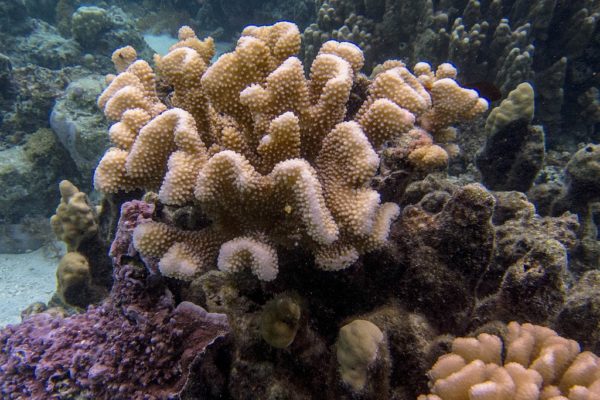
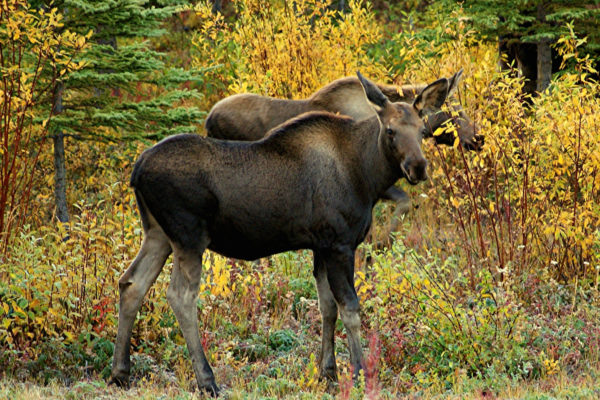 JLS Photography Alaska via Flickr
JLS Photography Alaska via Flickr 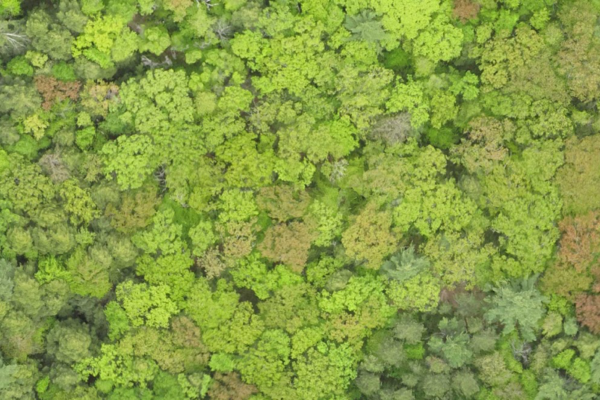
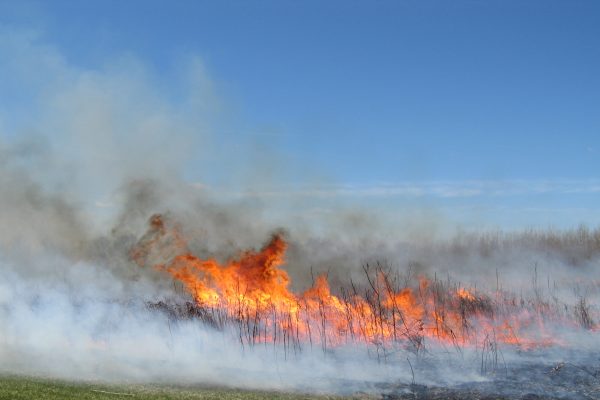
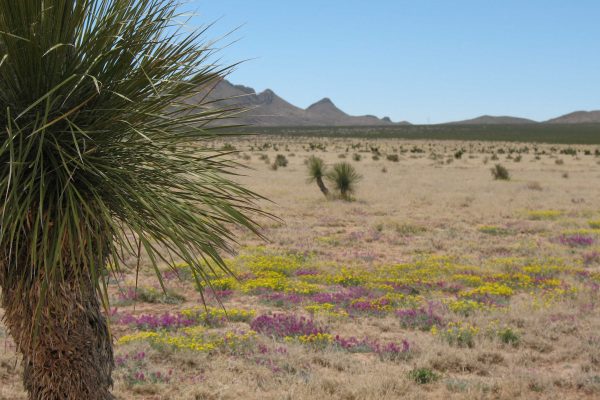
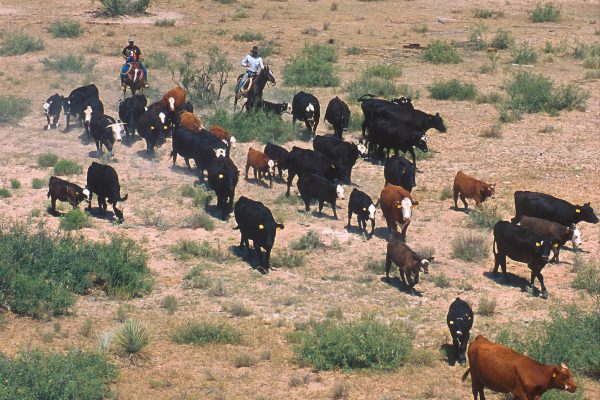
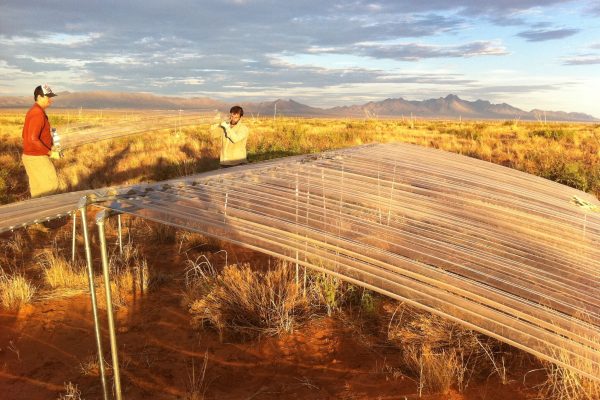
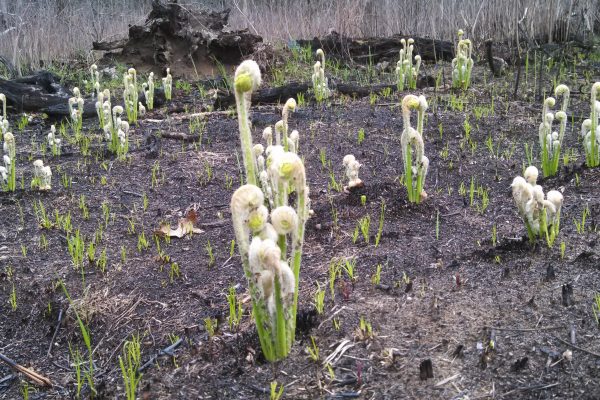
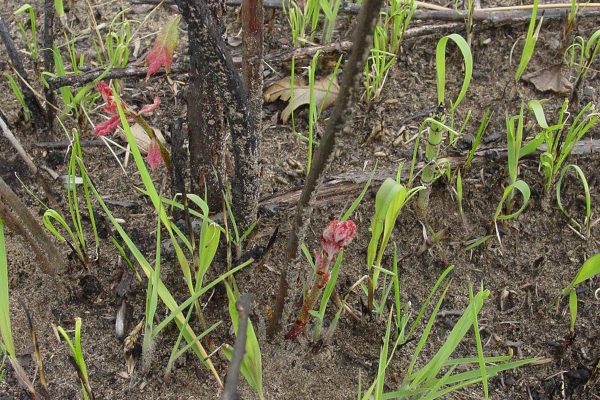
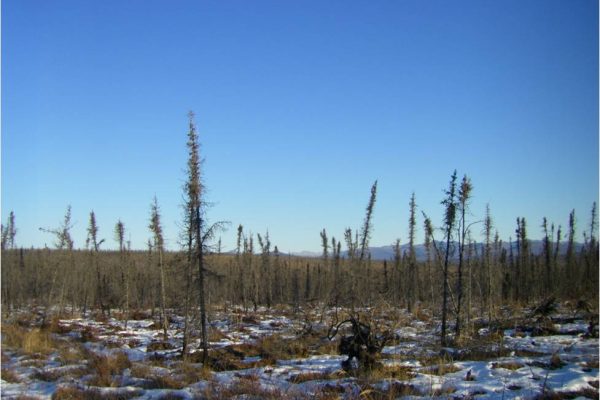
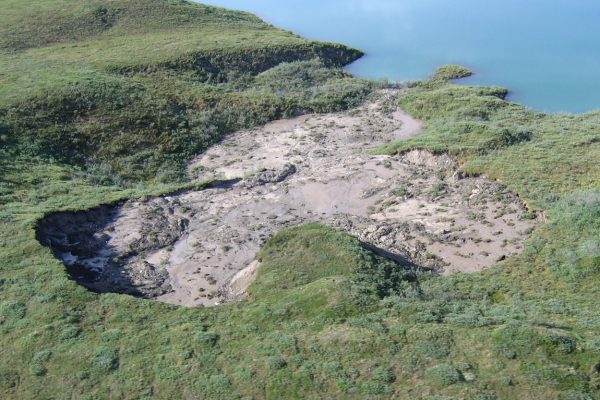
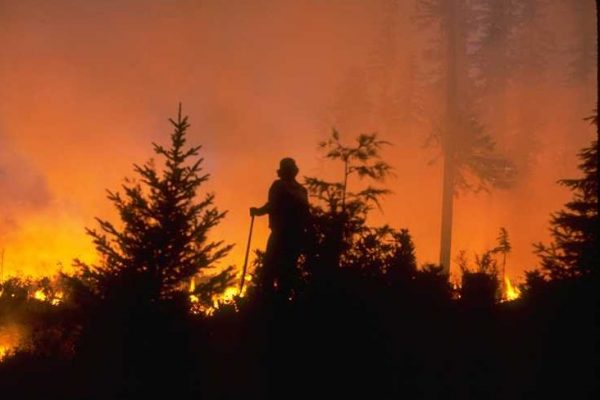
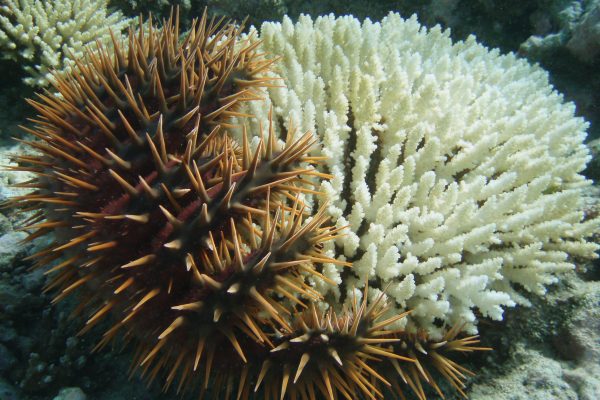 CC BY-SA 4.0" data-envira-gallery-id="site_images_82565" data-envira-index="30" data-envira-item-id="46180" data-envira-src="https://lternet.edu/wp-content/uploads/2017/11/P7193263-copy-600x400.jpg" data-envira-srcset="https://lternet.edu/wp-content/uploads/2017/11/P7193263-copy-600x400.jpg 400w, https://lternet.edu/wp-content/uploads/2017/11/P7193263-copy-600x400.jpg 2x" data-title="Crown-of-thorns Sea Star" itemprop="thumbnailUrl" data-no-lazy="1" data-envirabox="site_images_82565" data-automatic-caption="Crown-of-thorns Sea Star -
CC BY-SA 4.0" data-envira-gallery-id="site_images_82565" data-envira-index="30" data-envira-item-id="46180" data-envira-src="https://lternet.edu/wp-content/uploads/2017/11/P7193263-copy-600x400.jpg" data-envira-srcset="https://lternet.edu/wp-content/uploads/2017/11/P7193263-copy-600x400.jpg 400w, https://lternet.edu/wp-content/uploads/2017/11/P7193263-copy-600x400.jpg 2x" data-title="Crown-of-thorns Sea Star" itemprop="thumbnailUrl" data-no-lazy="1" data-envirabox="site_images_82565" data-automatic-caption="Crown-of-thorns Sea Star - 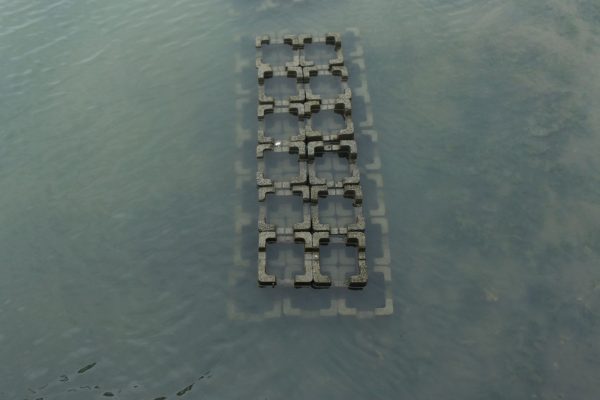 Erika Zambello/LTER NCO. CC BY-SA 4.0." data-envira-gallery-id="site_images_82565" data-envira-index="31" data-envira-item-id="46166" data-envira-src="https://lternet.edu/wp-content/uploads/2017/11/vcr-2-600x400.jpg" data-envira-srcset="https://lternet.edu/wp-content/uploads/2017/11/vcr-2-600x400.jpg 400w, https://lternet.edu/wp-content/uploads/2017/11/vcr-2-600x400.jpg 2x" data-title="vcr-cement-blocks" itemprop="thumbnailUrl" data-no-lazy="1" data-envirabox="site_images_82565" data-automatic-caption="vcr-cement-blocks - Submerged cement blocks rest below the sea level. Erika Zambello/LTER NCO. CC BY-SA 4.0." data-envira-height="200" data-envira-width="300" />
Erika Zambello/LTER NCO. CC BY-SA 4.0." data-envira-gallery-id="site_images_82565" data-envira-index="31" data-envira-item-id="46166" data-envira-src="https://lternet.edu/wp-content/uploads/2017/11/vcr-2-600x400.jpg" data-envira-srcset="https://lternet.edu/wp-content/uploads/2017/11/vcr-2-600x400.jpg 400w, https://lternet.edu/wp-content/uploads/2017/11/vcr-2-600x400.jpg 2x" data-title="vcr-cement-blocks" itemprop="thumbnailUrl" data-no-lazy="1" data-envirabox="site_images_82565" data-automatic-caption="vcr-cement-blocks - Submerged cement blocks rest below the sea level. Erika Zambello/LTER NCO. CC BY-SA 4.0." data-envira-height="200" data-envira-width="300" />